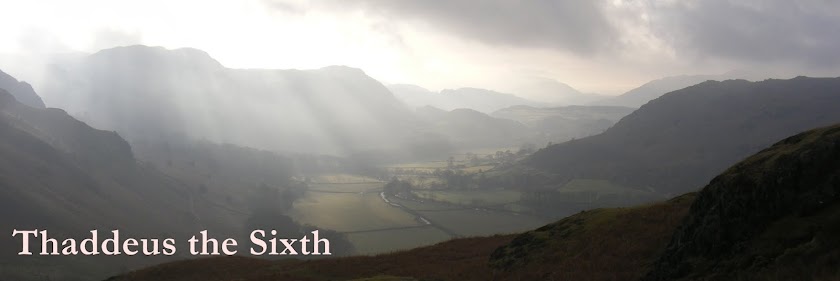This is a bit out of my usual area. It had been sitting, as many things are wont to do, in my basket, and as I was clearing out the enormo-list of things to actually buy a handful of items there was a sale on. This new book was cut from about £12 to £4, so I decided to get it.
The name Mesopotamia means ‘between the rivers’, and the shifting course of the waters plays a major role in cities rising, falling, and rising again. The time periods involved are quite astonishing, literally thousands of years. Equally interesting is the shift from a potentially egalitarian society through to god-kings (in a broad sense, not dissimilar to what happened with Rome).
There are various particular terms which are always explained as they crop up, as are the various gods, which was very useful as I had no idea otherwise what many of them meant. Necessarily, there’s a lot of knowledge gaps with many uncertainties due to lack of evidence. In other areas, fortune preserved tablets which, upon discovery, revealed surprisingly detailed accounts of myths and historical events (or propaganda, perhaps).
I found it a very interesting book, and one good for people unfamiliar with the period.
Thaddeus


